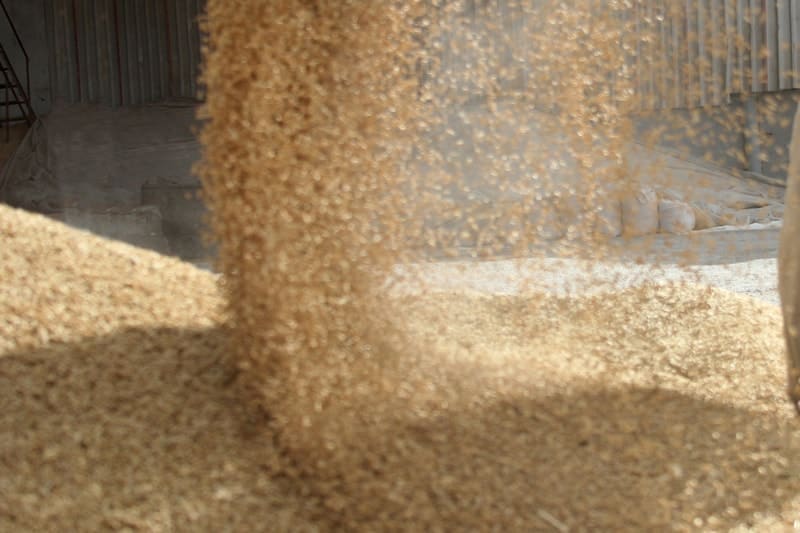Bluegrass News
Minerals are an important part of a horse’s diet for normal bodily functions and are to meet performance, growing and breeding requirements. Minerals can be divided into two categories: macrominerals and microminerals.
What are Macrominerals?
Macrominerals are supplied in higher amounts than microminerals in the diet. They consist of; calcium, phosphorus, magnesium, potassium, sodium, chloride and sulphur.
Calcium
Calcium is an essential mineral for bone development with 99% of calcium in the body found in bones and teeth. Calcium is required for transmission of nerve impulses, regulation of fluid in and out of cells, to aid blood clotting and for muscle contraction.
New Research from Kentucky Equine Research
The team at Kentucky Equine Research recently completed a study comparing traditional sources of calcium, such as limestone, with marine-derived sources (KER Buffered Mineral Complex BMC). The study found that BMC had significantly higher digestibility. Marine -derived calcium has been shown to have three key benefits; support gut health, support gastric health and improve bone density. With this research, Bluegrass Horse Feed have recently fortified their Performance, Stud and Pro range with marine-derived calcium.
Phosphorus
Making up 14-17% of the skeleton, phosphorus and calcium go hand in hand . Maintaining their correct recommended ratio of 2:1 is vital to supplying a balanced diet. Phosphorus plays an important role in enzyme systems; it is a component of genetic material; an important part of bone development and helps with the production of energy. A study conducted by Kentucky Equine Research found that 4.7g of phosphorus is lost per day by the horse and the true digestibility was only 25% of the horse’s intake.
Magnesium
A horse’s magnesium requirements are often met if adequate amounts of forage are provided daily. Magnesium is mainly absorbed in the small intestine and is essential for enzyme activity, energy production, protein synthesis, muscle contraction and nerve impulses.
Sulphur
Sulphur is important mineral for a range of health issues including: connective tissue health, hair, skin and hoof health, aids cell membrane health and aids with antioxidant activities. Horses seem to have an intolerance to high sulphur levels unlike other livestock.
Potassium
The majority of potassium is found within a horse’s cells, particularly in skeletal muscle cells. Potassium is similar to sodium and is required for maintaining fluid, electrolytes and acid-based balance.
Sodium & Chloride
Sodium Chloride (or salt) is often added to commercial equine feeds. There can be limiting amounts within forage and therefore it is recommended to offer free choice salt block. Sodium is required for normal functioning of the central nervous system, osmotic regulation, acid base balance and maintenance of extracellular fluid and blood volume.
Supplying a Balanced Diet
Providing a balanced diet helps to ensure these minerals are supplied at adequate amounts as some can impact the effect of others when deficient or excessive in the diet. Bluegrass Horse Feed work closely with the equine nutritional team at Kentucky Equine Research to ensure all Bluegrass products are fully fortified and help to provide advice to horse owners on developing a balanced diet through their software Microsteed. Click the link to fill in a diet request form.







.jpeg)




